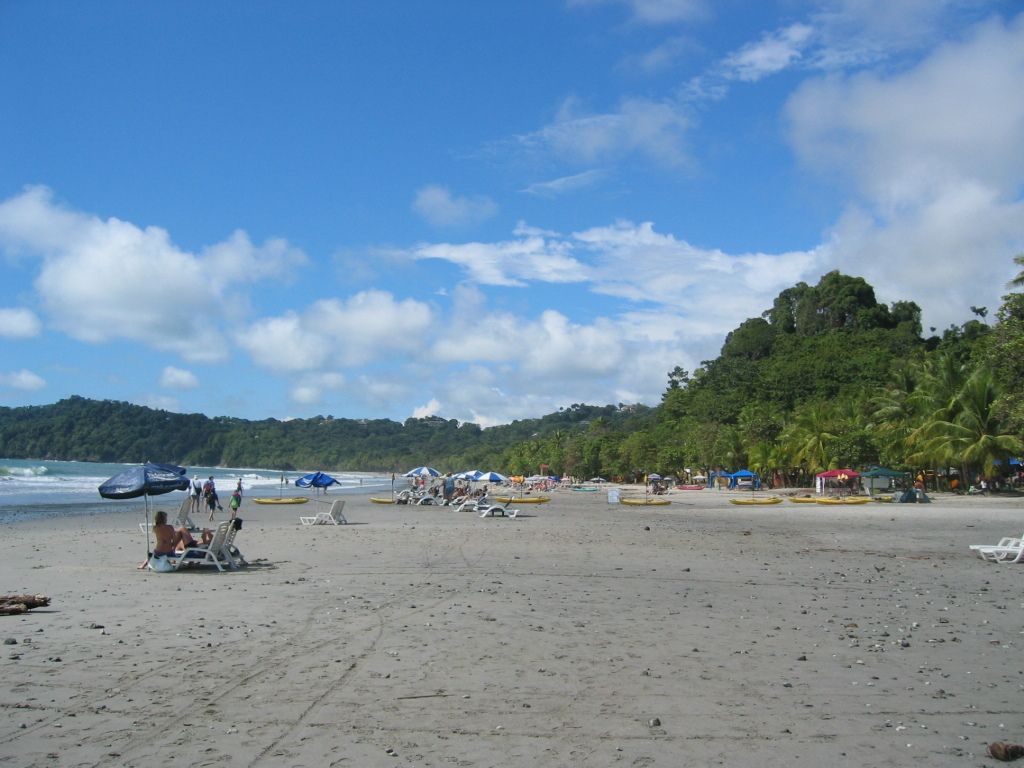Take Down POGOs: Three Philippine Business Groups Call for Shutdown
Urge Immediate Shutdown of POGOs, Claim Business Coalitions as Concerned Advocates
In a recent turn of events, three prominent local business groups in the Philippines - the Foundation for Economic Freedom (FEF), the Makati Business Club (MBC), and the Management Association of the Philippines (MAP) - have joined the chorus of critics against the Philippine Offshore Gaming Operators (POGO). Here's why they want these businesses banished.
Enough is Enough: POGOs Violate Laws, Aid In Crime
The three organizations have arrived at a consensus that POGOs go against the law and serve as a breeding ground for large-scale crime. Tensions with China, a key regional trading partner for the Philippines, have also fuelled the desire to curtail the sector, according to a GMA News report.
"We stand behind the Department of Finance's (DOF) mission to phase out all POGO operations," the business groups stated. This bold move stems from the belief that the economic and societal costs of supporting POGOs have become too heavy. Although, their statement lacks exact figures to support this claim.
The Bitter Pill of China's Disapproval
China has blatantly expressed its dissatisfaction with the POGO industry, characterizing it as a threat to its interests and the China-Philippines relationship. While some argue that the Philippines may suffer financially if POGOs are shut down, the organizations believe that the economic benefits are overshadowed by other concerns.
The Chinese government's opposition to POGOs mirrors its historical stance against cross-border gambling targeting its citizens. The Philippine regulator, PAGCOR, has repeatedly highlighted that unlicensed entities can't be equated with legitimate POGO operators. Closing down the legal ones won't magically eliminate the clandestine operators.
Whose Interest Does This Serve?
POGOs have experienced a downturn this year, mainly due to changes in the legislation championed by former President Rodrigo Duterte in 2021. The economic impact, according to the business groups, can be absorbed by the economy without causing undue strain.
The Chinese government's stance on POGOs is categorical, viewing them as detrimental to both China's interests and the Philippines' own. Critics, however, dispute this notion, predicting that a POGO shutdown could result in a loss of up to PHP 100 billion and the unemployment of around 23,000 Filipinos.
The POGO industry has taken a hit, with the total operational entities down to 34. Many of those no longer in operation refused to comply with the newly-issued government guidelines, forcing them to shut down as a consequence.
- The Foundation for Economic Freedom (FEF), the Makati Business Club (MBC), and the Management Association of the Philippines (MAP) have advocated for the shutdown of Philippine Offshore Gaming Operators (POGOs), citing them as law-violating entities that foster large-scale crime.
- The business groups, including FEF, MBC, and MAP, align with the Department of Finance's (DOF) mission to phase out POGOs, acknowledging the economic and societal costs of supporting these businesses as being too heavy, despite lacking exact figures to support this claim.
- China has voiced its disapproval of the POGO industry, perceiving it as a threat to its interests and the China-Philippines relationship, although some speculate that financially, the Philippines might suffer if POGOs are shut down.
- The Chinese government's opposition to POGOs mirrors its historical stance against cross-border gambling targeting its citizens, with PAGCOR, the Philippines' regulator, emphasizing that unlicensed entities cannot be equated with legitimate POGO operators.
- Critics contend that the potential economic drawbacks of a POGO shutdown, such as a loss of up to PHP 100 billion and unemployment of around 23,000 Filipinos, could outweigh the benefits, in contrast to the business groups' belief that the economic impact can be absorbed without causing undue strain.






